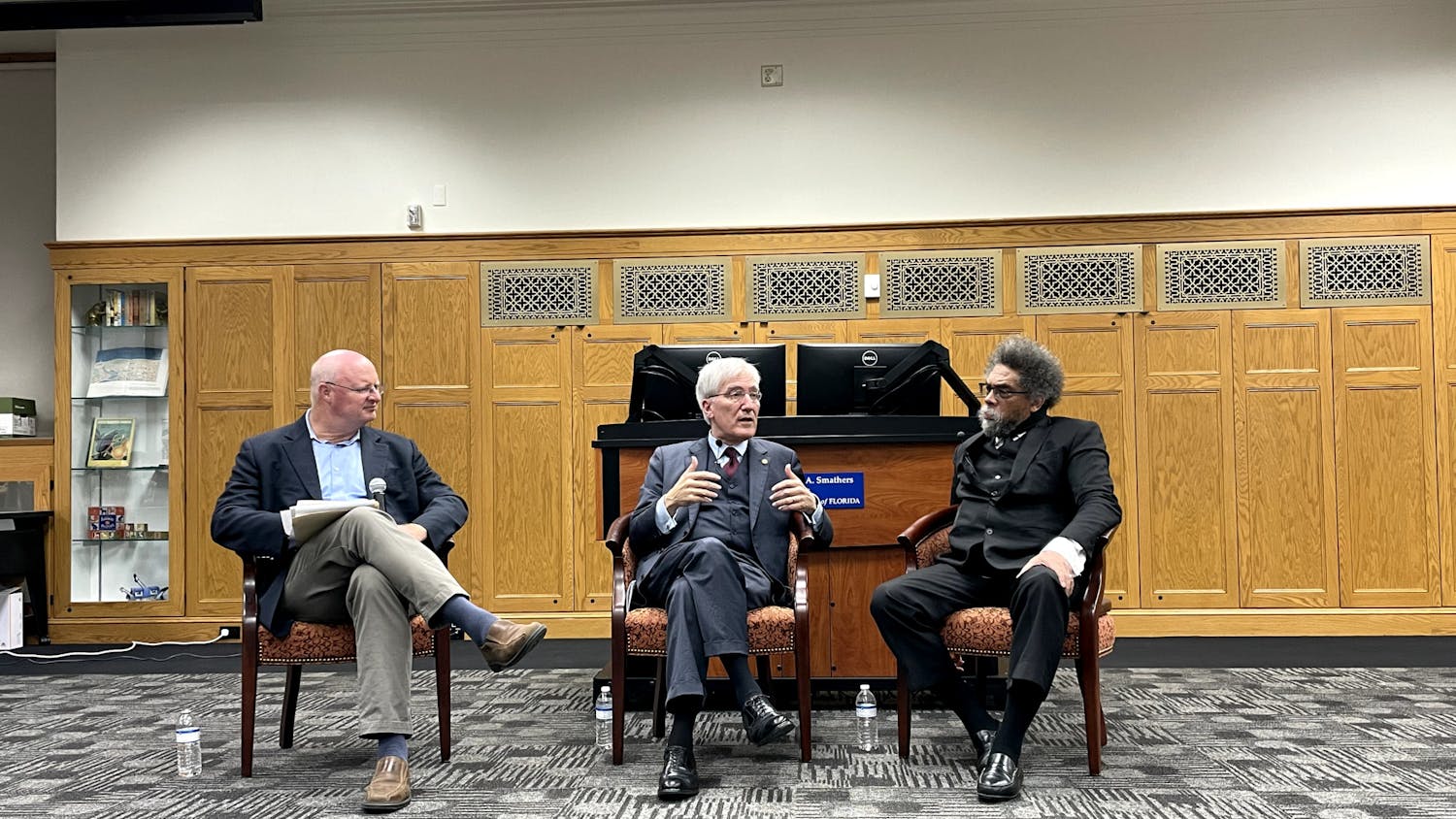The topic of public schools has always laid heavily on the hearts and minds of this country’s politically active, conservative, evangelical Christians. Conservative ire over public schools has revolved mostly around our science curriculum. But in the last year or so, these activists have fought for control over how American history is taught, with the disturbing aim of controlling the narrative of American history itself.
This latest incursion started last year when conservatives rose up against the Advanced Placement U.S. history curriculum. Accusations against it include its focus on the multitude of (often black) skeletons in America’s closet, that it lacked glorification of U.S. military endeavors and adequate denunciations of communism, and that it did not define America as a Christian nation. Broadly, the curriculum was seen to be insufficiently patriotic. Legislators in Texas’ neighbor, Oklahoma, nearly voted to ban all AP courses in the state in protest. Presidential candidate Dr. Ben Carson said students who completed the course would be "ready to go sign up for ISIS." If these politicians believe a mildly critical survey course of American history is enough to send teenagers halfway around the world and into the arms of genocidal maniacs, then we have bigger issues to worry about than whether Darwin is taught in little Billy’s classroom.
The College Board wound up caving and made the changes conservatives demanded of the AP U.S. history curriculum. This is a shame. You didn’t exactly have to be Cornel West to approve of the old curriculum; its contents were consistent with the interpretation of history accepted by most people, especially the professional educators and historians who wrote it. Opposition to the curriculum came, in the words of Pulitzer Prize-winning historian James McPherson, from people "motivated mainly by right-wing politics."
Not to be outdone, Texas’ school board undertook similar aims with its own history textbooks, which were revealed earlier this week. Because Texas is so large, the decisions it makes over textbooks are followed by many, many other states. Their decisions affect students all over America.
These textbooks quite literally whitewash American history. Race is an issue conservative activists feel is being rewritten (see: the never-ending insistence that the Civil War was not "about slavery"). Like other issues, this position shatters once you apply any scrutiny to it whatsoever. See the opening line of Mississippi’s declaration of secession: "Our position is thoroughly identified with the institution of slavery."
But pesky "facts" or "sources" never mattered to these activists in the first place; this is all about reclaiming a narrative they feel they’ve lost to shadowy leftist historians. What we get is a history that makes American slavery look like a guest worker program that had a few bad days. Enslaved human beings "helped turn the wild environment into profitable farms." Sure, forced labor and rape were bad but at least slaves had Christianity, which gave them "self worth and a hope for salvation in this life and the next."
This is an insult to our nation’s collective intelligence. Even a cursory glance at sources throughout history can tell you the experience of black people in this country has been one of harassment, enslavement, unequal opportunity and often murder. Presenting it as so is not an attempt to brainwash children and steal their patriotism, but an honest attempt to tell our country’s story.
Alec Carver is a UF history junior. His column appears on Fridays.





